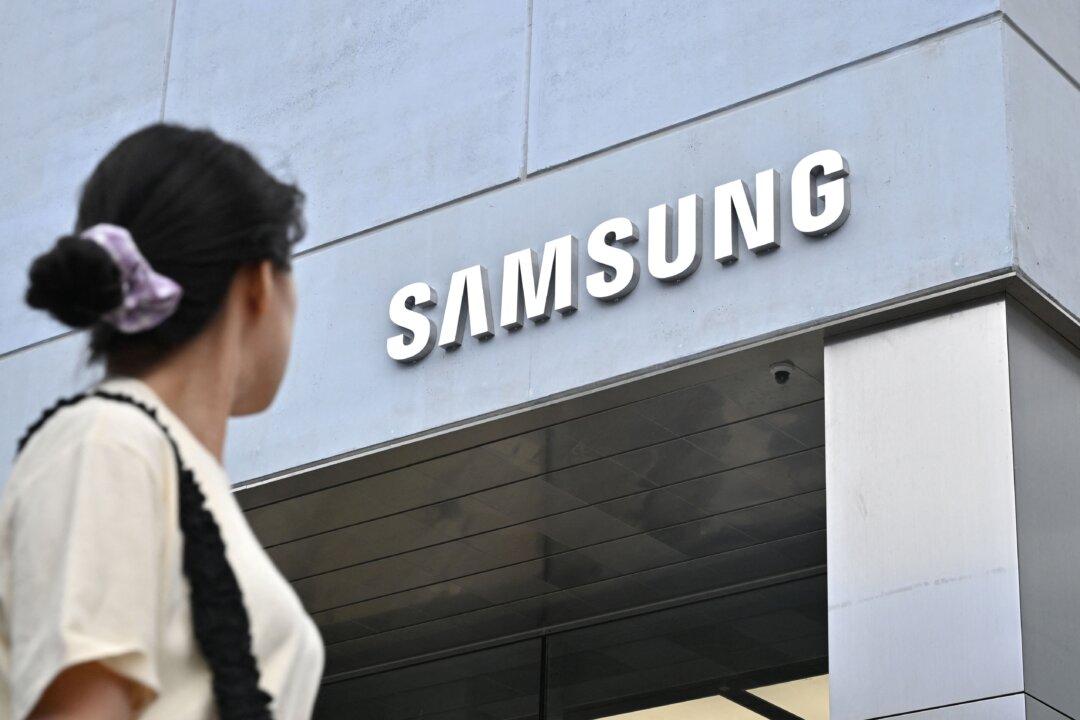Amid escalating tension between South Korea and China, Samsung has drawn attention by pulling out of the Shanghai Mobile World Congress for the first time in six years and initiating its maiden patent lawsuit against Chinese company BOE. The moves come in the wake of repeated allegations of technology theft by China against Samsung’s technology.
Samsung Display took a decisive step on June 26, instigating a patent infringement lawsuit against BOE Technology Group Co., Ltd. (BOE), China’s premier display company. The lawsuit, filed in the Eastern District Court of Texas, asserts that BOE had unlawfully appropriated four of Samsung’s patented organic light-emitting diode (OLED) display technologies that it uses in the iPhone 12.





